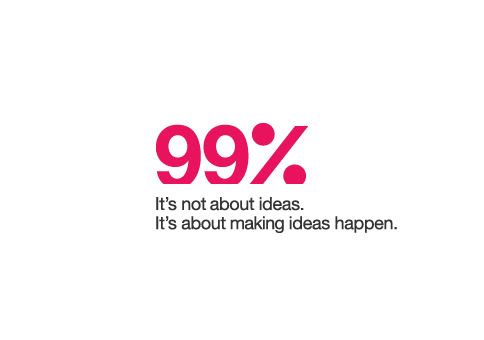I can make it good, I can make it hood, I can make you come, I can make you go! I can make it high, I can make it fly, make you touch the sky, hey maybe so!
Wednesday, November 02, 2011
"No Justice. No Peace."
Words.
"...if you want a philosophy that explains why the matter of the 99 percent and the 1 percent has deservedly struck such a nerve, you need to go back to John Rawls.
The way to create the rules for a just society, Rawls argued in his 1971 masterwork, “A Theory of Justice,” is to first imagine everyone in an “original position” behind a pre-birth “veil of ignorance,” where no one knows what their own traits will be — whether they will be rich or poor, beautiful or plain, smart or less so, talented or not, healthy or unwell. Then you’d see what kind of social order people would agree in advance was fair, if they couldn’t know what place they were destined to occupy in it.
Rawls uses this thought experiment to focus us on the central role luck plays in life. There’s the pre-birth lottery that hands out brains, beauty, talent and inherited wealth. There’s a post-birth lottery that (via family) bequeaths values and schooling. “The institutions of society favor certain starting places over others,” he writes. “These are especially deep inequalities . . . yet they cannot possibly be justified by an appeal to the notions of merit or desert.”
Rawls argues that, in this original position, people would agree on two basic principles to structure society. The first would be equality in the way basic rights and duties are assigned. The second would be to arrange social and economic inequalities so that “they are both (a) to the greatest benefit of the least advantaged, and (b) attached to offices and positions open to all under conditions of fair equality of opportunity.”
...How does U.S. economic life circa 2011 fit this criterion? It’s worth noting that well-functioning capitalism can, in theory, meet Rawls’s test quite well. Indeed, as Milton Friedman always argued, free-market capitalism over time delivers the greatest good for the greatest number; he also argued that the advances secured by entrepreneurial capitalism have most helped the least advantaged, as Rawls requires.
...But the surge in income and wealth inequality we’ve seen in recent decades breaks with this pattern. Virtually all the benefits of growth have gone to the top 1 percent, and ultimately to the top sliver of the top 1 percent, while the rest of the country has stagnated or lost ground. Meanwhile, anyone who’s spent time in high-poverty schools and communities knows that, for all the rhetoric, America’s efforts to make opportunity more equal are a charade.
Our rising inequality, in Rawlsian terms, has plainly not been to the benefit of all..."
THE WASHINGTON POST: Justice, inequality and the 99 percent
Subscribe to:
Post Comments (Atom)

No comments:
Post a Comment